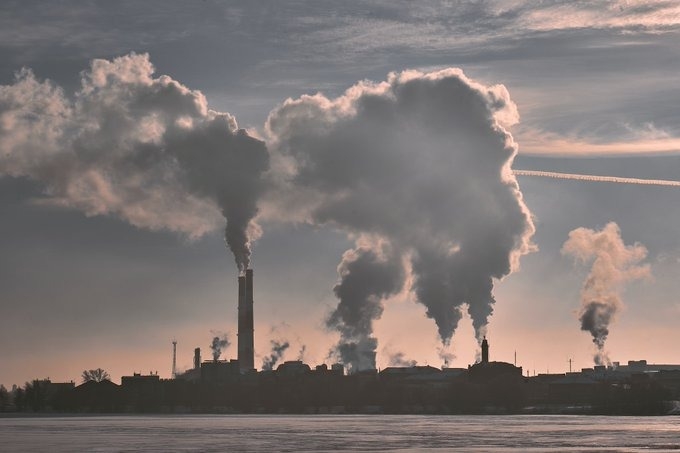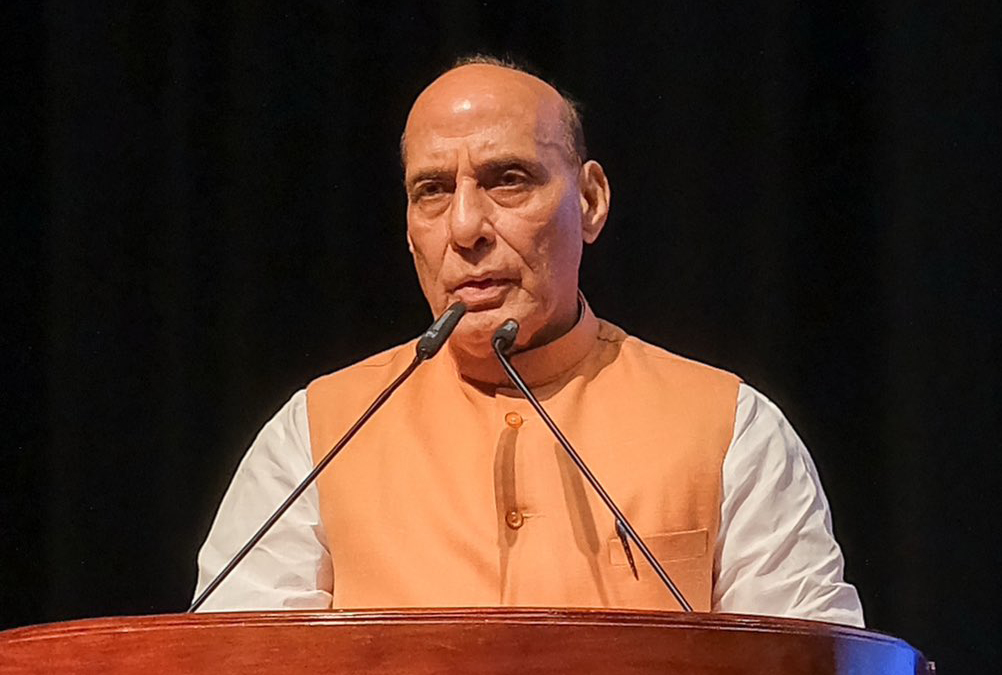India has aligned its stance with the views expressed by the Like-Minded Developing Countries (LMDCs), the Arab Group and the African Group of Negotiators (AGN)…reports Asian Lite News
At the ongoing COP29 climate conference in Azerbaijan, India expressed dissatisfaction on the insistence of developed countries to expand the scope of the Mitigation Ambition and Implementation Work Programme (MWP) from what was agreed upon in past.
On Saturday, India delivered a statement in the closing plenary of the Subsidiary Bodies on the ‘Agenda on Sharm el-Sheikh Mitigation Ambition and Implementation Work Programme (MWP)’, at the COP29, being held in Baku, Azerbaijan.
India made its statement reacting to the interventions by developed countries, asking for including mitigation paras from Global Stocktake at COP28 into the MWP.
India has aligned its stance with the views expressed by the Like-Minded Developing Countries (LMDCs), the Arab Group and the African Group of Negotiators (AGN).
India expressed serious concern about the progress the CoP29 made during the week.
India’s statement mentioned, “We have seen no progress in matters that are critical for developing countries. Our part of the world is facing some of the worst impacts of climate change, with far lower capacity to recover from those impacts or to adapt to the changes to the climatic system for which we are not responsible.”
The statement further read, “We notice a tendency to ignore the decisions taken in the past – related to the Sharm el-Sheikh mitigation ambition and implementation work programme at CoP27 and the context of the Global Stocktake in the Paris Agreement, where it informs the parties for undertaking climate actions.”
India stressed that the MWP was established with a specific mandate that it shall be operationalized through focused exchanges of views, information and ideas, noting that the outcomes of the work programme will be non-prescriptive, non-punitive, facilitative, respectful of national sovereignty and national circumstances, while taking into account the nationally determined nature of nationally determined contributions and will not impose new targets or goal.
Expressing frustration on the unwillingness to engage on this issue by the Developed countries during the past week, the statement by India read, “If there are no means of implementation, there can be no climate action. How can we discuss climate action, when it is being made impossible for us to act, even as our challenges in dealing with the impacts of climate change are increasing?”
India asserted that those with the highest capacity to take climate action have continuously shifted goalposts, delayed climate action, and consumed a highly disproportionate share of the global carbon budget.
The lead negotiator stated, “We now have to meet our developmental needs in a situation of increasingly depleting carbon budget and increasing impacts of climate change. We are being asked to increase mitigation ambition by those who have shown no such ambition, either in their own mitigation ambition and implementation, nor in providing the means of implementation.”
As expected, India continued to be vocal about climate finance arrangements, primarily from the developed countries that are huge carbon emitters. Climate finance typically refers to any financing that seeks to support mitigation and adaptation actions that will address climate change.
The 29th Conference of the Parties (COP) kick-started in Azerbaijan’s capital of Baku on November 11 and will continue till November 22.
At COP26 held in 2021, India committed to an ambitious five-part “Panchamrit” pledge. They included reaching 500 GW of non-fossil electricity capacity, generating half of all energy requirements from renewables, and reducing emissions by 1 billion tonnes by 2030.
India as a whole also aims to reduce the emissions intensity of GDP by 45 per cent. Finally, India commits to net-zero emissions by 2070. Green energy for climate mitigation is not just a focus area for India, but globally it has gained momentum.
India’s CO2 emissions to rise by 4.6%
India accounts for per cent of the global total carbon dioxide (CO2) emissions, and it is expected to increase by 4.6% in 2024, according to a new report.
The report by Global Carbon Project, involving an international team of more than 120 scientists, showed that global carbon emissions from fossil fuels have reached a record high in 2024 — 37.4 billion tonnes in 2024, up 0.8% from 2023 levels.
The report led by the University of Exeter showed “there is ‘no sign’ that the world has reached a peak in fossil CO2 emissions”. This is despite the urgent need to cut emissions to slow climate change. It showed that emissions from coal are expected to rise by 0.2%; oil by 0.9%; and gas by 2.4%.
China’s emissions — which account for 32% of the global total — are projected to marginally increase by 0.2%, while US emissions (which account for 13% of the global total) are projected to decrease by 0.6%. Notably, emissions from the European Union (accounting for 7% of the global total) will decrease by 3.8%.
Emissions in the rest of the world (accounting for 38% of the global total) are projected to increase by 1.1%, said the report, published in the journal Earth System Science Data.
Currently, more than 40 billion tonnes of CO2 emissions are released each year. This is increasing the level of CO2 in the atmosphere — driving increasingly dangerous global warming.
ALSO READ: Tinubu Applauds Modi’s Global South Push













